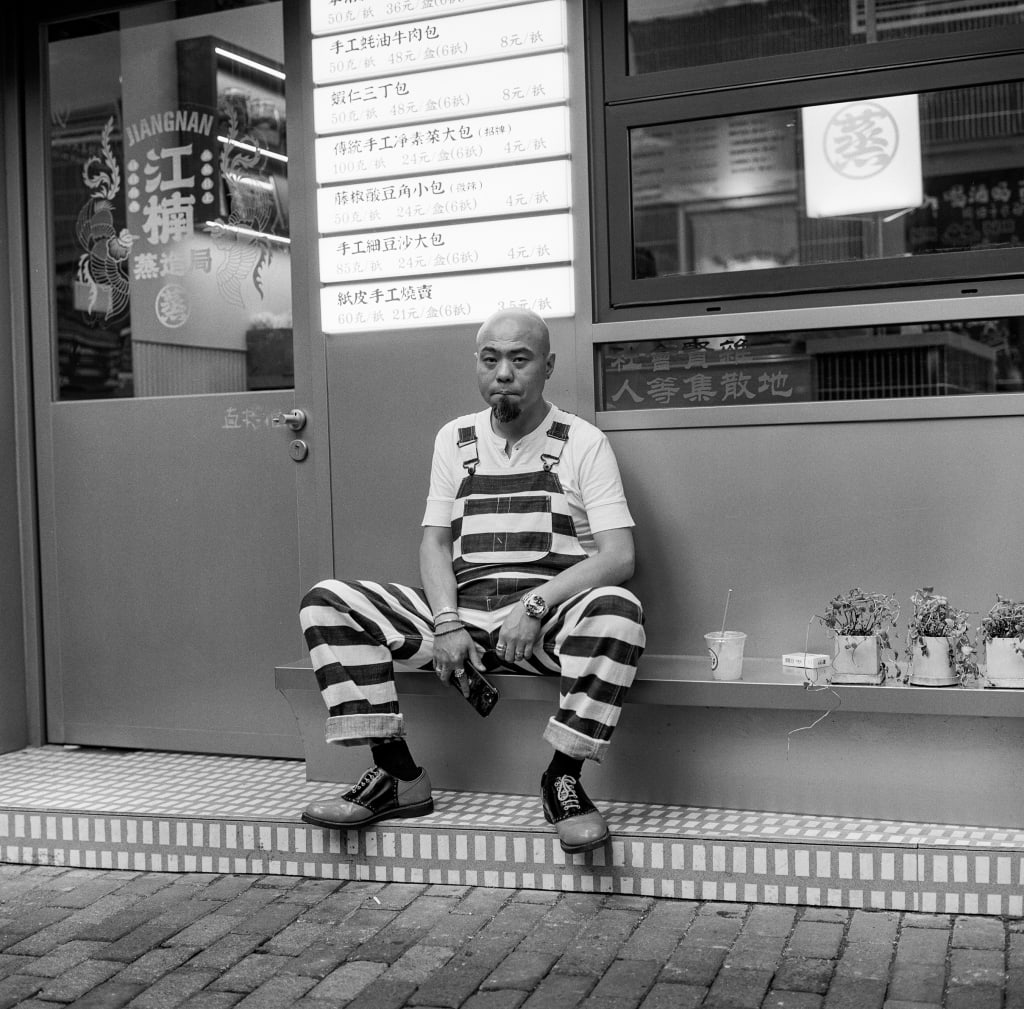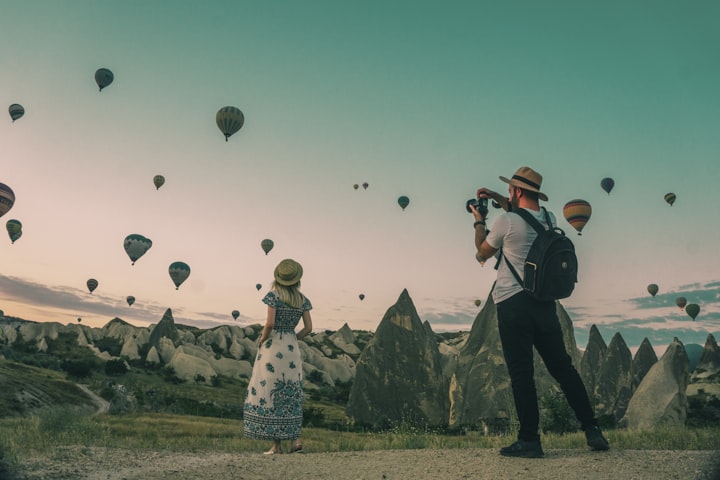
One of the biggest sources of stress and anxiety for most street photographers, even seasoned ones, is the angry subject who doesn’t like having their photo taken. One way to avoid this confrontation is to ask before taking a photo. When people see my street photos, they often ask me if I asked for permission before taking the photo and it is a great question. I love when people ask this question, because it means they’ve gone through the process of looking at the image and thinking about how I managed to capture the photo. And although it really is part of my secret technique, I am going to share the answer here for you all.
What does the law say?
Let’s get the legal stuff out of the way first of all. In most countries, it is completely legal to photograph people in public places, without permission. To me, this is just common sense as it would be very strange to have to ask every single person in a photo if it’s okay to take a picture, for example, in a park on on a beach. But also, they are in a public place, so it should be safe to assume they are not doing (or wearing) anything that they don’t want people to see. Imagine a girl in a very revealing dress walking down the street. You may think well, she probably doesn’t want people to see her revealing so much of herself, but if that were the case, she would not be wearing what she’s wearing in public. It would be different of course, if she was in her bedroom and someone had taken photos of her undressing. So, at the very least, in most cases, you can at least know that you aren’t doing anything illegal, but of course, please do check local laws in the place you’re taking photos as they do vary from country to country.
What are the benefits of asking for permission?
By asking for permission, we can often get a much better image because we can take time to focus properly, to direct the subject to stand in the best light, and sometimes, we might even be able to get them to replicate whatever it was that made us want to photograph them, for example if they were smoking a cigar, or just drinking a glass of wine. This can work well if, for example, what attracted us to them is their outfit that is unusual and stands out from the crowd.
The photo above is a good example of where I first asked for the photo so that I could take my time to focus my camera and get the image. I was using my vintage Rolleiflex TLR camera, so it does take a few seconds take a light reading, set the aperture and shutter speed and then manually focus the camera. Without asking permission, it would be quite difficult to get a similar result. And I was very pleased with the result. I loved his outfit, his beard and his shoes and I did not want to risk losing the shot of him. He was happy to pose for me and after I discovered he worked in the shop next door, I even made a small 6 x 4 print and brought it to him after I had the film developed. The smile on his face and the admiration from his colleagues in the shop when I gave him the print was worth all the effort. And I also feel that every time someone has a pleasant experience with a street photographer, they will be less likely to refuse when someone else asks them for a picture. So I am paying it forward for other photographers. It’s like I am helping to improve the reputation of street photographers, bridging the gap between street photographers and the public.
The Humans Of New York project is a good example of street photos that are posed. The subjects are often interviewed as well to get some background to their stories. And it works brilliantly.
Why wouldn’t you ask for permission?
So to avoid upsetting people, why don’t we just do that every time? Well, the main reason, in my view, is that sometimes, the reason we wanted to take the photo was that the scene was interesting, perhaps the subject was doing something interesting or had an interesting expression and by asking them for permission we often find that regardless of whether they consent or not, they stop doing whatever it was that made us want to take the photo in the first place and the moment is lost, forever. In other words, by asking for permission, we break the scene. And this is why we usually try to just take the photo without the subject being aware, at least until after we have got the shot.

In the second photo (above), a child is with her grandfather waiting for a bus. In this situation, although it looks posed, I did not ask for permission, as I wanted to catch the moment with the grandfather holding a cigarette and the baby looking at the cigarette. If I had asked for a photo, I think that moment would have been lost. The grandfather may even have discarded the cigarette before I had a chance to take the photo.
So for me, the answer to the question, like so many photography-related questions, is that it depends. Sometimes it may be better to ask permission and sometimes it is better to just take the photo. You can also try to do a combination of both - try and get a photo without asking first, and then ask for a posed portrait afterwards, assuming they didn’t notice that you had already taken some photos before asking. You can get great results in both situations and sometimes your instinct will be a good indication of what you should do.
So there you have it. Sometimes you may want to ask for a photograph, but there will be times when it’s probably better to just take the photo. If you don’t ask for permission first, I find that being respectful and transparent about what you’re doing and smiling can go a long way to avoiding any negative reactions. In most countries, it is not illegal to take photos of people in the street in public places. But just because something is legal doesn’t always mean it’s okay, so exercise some common sense and courtesy.





Comments
There are no comments for this story
Be the first to respond and start the conversation.